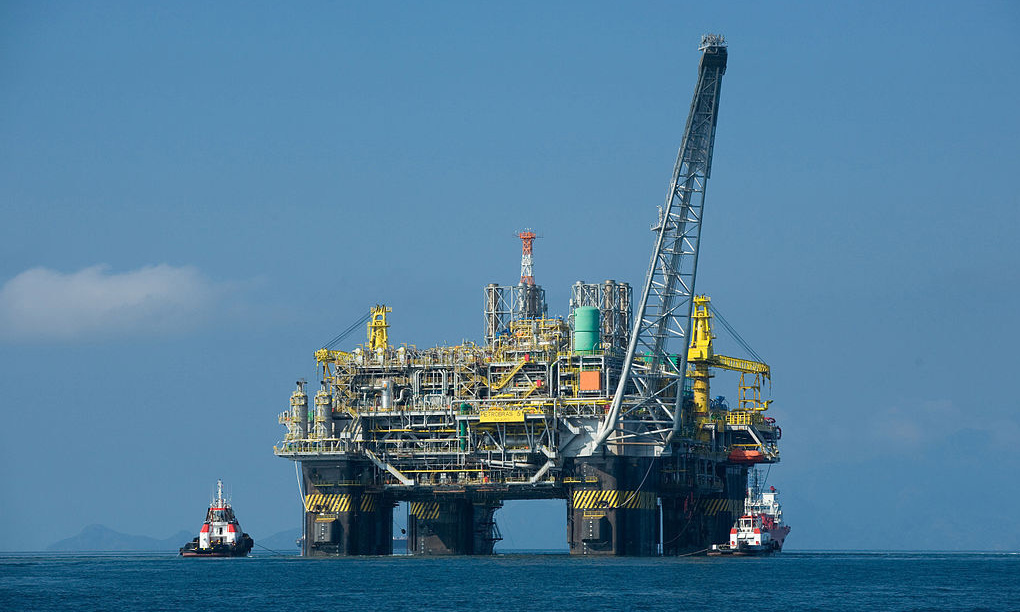
Soaring crude prices have put the oil industry on track to churn out huge cash piles this year. Even so, investors aren’t buying it. Literally.
The world’s six largest Western energy companies— Exxon Mobil Corp. , Chevron Corp.Royal Dutch Shell PLC, BP PLC, Total SA and Equinor AS A—are set to generate their biggest profits since 2013. At the same time, they are projected to produce $90 billion in excess cash, the most in a decade, according to S&P Global Market Intelligence.
The broader sector has fared even worse. Since the start of the year, the MSCI World Energy Index has climbed around 0.4%, lagging behind the S&P 500, which is up a little over 3%.
“These companies struggle to please,†said Rohan Murphy, an energy analyst at Allianz Global Investors, which has over €520 billion ($596 billion) in assets under management.
Many fund managers say they remain wary of the sector and the oil rally. They’re skeptical that prices will remain at their current levels and aren’t convinced the oil companies will refrain from mistakes of previous cycles, spending lavishly when prices are high and setting the stage for investor pain when they fall.
The industry’s latest test comes later this week with the start of the third quarter earnings season. Equinor is first to report on Thursday. BP, Shell, Chevron and Exxon all report next week. The price of oil averaged around $75 a barrel between July and September and expectations have risen along with prices.
The companies are facing pressure to deliver on optimistic forecasts. So far, their performance has been inconsistent. Even as oil prices have climbed, reaching above $80 a barrel last month, oil giants such as Exxon have fallen short of profit expectations. The biggest six missed analyst expectations by an average of 14% in the second quarter, according to S&P Global Market Intelligence.
Those results were underwhelming, said Tom Ellacott, senior vice president for corporate research at Edinburgh-based consultancy Wood Mackenzie. “Investors are looking for evidence that it’s different this time.â€
To entice investors back to the sector, executives have put their companies on a strict capital diet. Instead of raising spending with higher prices, they’ve increased shareholder payouts, paid down debt and launched share buybacks. Rather than pouring money into massive new developments and high-cost exploration, they now say they’re prioritizing projects with high profits, rather than high volumes.
“Our valuation as an industry is still low because people worry we’re off to the races and we’re going to be spending too much money,†BP CEO Bob Dudley said in a London speech earlier this month. “The industry has learned such a painful lesson; capital discipline is really important.â€
Even among smaller U.S. shale producers, investors remain skeptical that the companies have found religion on spending. Many continue to push producers to plan for a future where crude sells for $50 a barrel and return any upside to shareholders.
“The issue we’ve had with investors is that there’s been so many ups and downs,†said Brian Youngberg, an analyst at Edward Jones. “The overall strategy now is to manage for the downtime, and when you have prices up like they are right now, maintain your discipline, reduce debt, and return cash to shareholders.â€
Write to Sarah Kent at sarah.kent@wsj.com and Bradley Olson at Bradley.Olson@wsj.com


